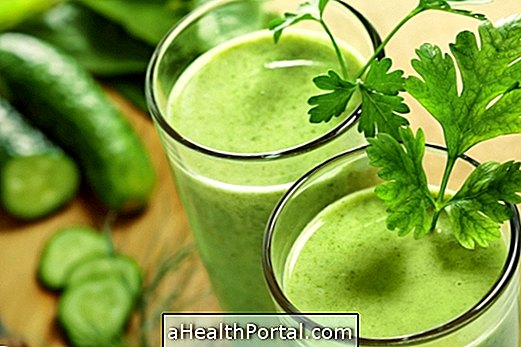Cherry is a fruit rich in polyphenols, fibers, vitamin A and C and beta-carotene, with antioxidant and anti-inflammatory properties, which help in combating premature aging, in the symptoms of arthritis and gout, and in the development of cardiovascular diseases, it also has minerals such as potassium and calcium, necessary for muscle contraction, nerve function and blood pressure regulation.
In addition, the cherry is also a good source of tryptophan, serotonin and melatonin that influence mood and sleep, and can assist in the treatment of depression and insomnia.
To consume the cherry it is important that the fruit is fresh, which can be verified by the green stalks, in addition, it must be stored in a refrigerator to increase the shelf life and decrease the losses of vitamin C that occur over the time.
The natural fruit of the cherry can be found in supermarkets or grocery stores.

The main benefits of cherry are:
1. Helps control blood glucose
The cherry has polyphenols in its composition as the chlorogenic acid that has can help to regulate the levels of sugar and insulin in the blood, avoiding spikes or drop in blood glucose.
In addition, the anthocyanins present in the cherry have antioxidant action that act by inhibiting important enzymes that cause type 2 diabetes, controlling the absorption of glucose and, therefore, the cherry also helps to prevent diabetes.
2. Protects against cardiovascular disease
Because it is rich in anthocyanins, the cherry helps to control bad cholesterol that is responsible for forming fatty plaques in the arteries, and therefore, helps to prevent atherosclerosis and reduce the risk of cardiovascular diseases such as myocardial infarction or stroke.
Another potent antioxidant present in cherry is vitamin C which helps to reduce cell damage, keeping blood vessels healthy.
In addition, some studies show that, due to cherry potassium, taking a single dose of 300mL of cherry juice a day helps to reduce high blood pressure, which helps to reduce the risk of cardiovascular disease.
3. Fight arthritis and gout
Due to its potent anti-inflammatory and antioxidant effects, the cherry can reduce oxidative stress and inflammation of the joints, preventing or decreasing the symptoms of arthritis or osteoarthritis such as pain or stiffness in the joints.
In addition, the vitamin C present in the cherry has antioxidant action leading to an increase in the elimination of uric acid in the urine, being also very useful for those who have gout, which is a type of arthritis caused by the accumulation of uric acid that can cause swelling, inflammation and extreme pain in the joints.
Watch the video with nutritionist Tatiana Zanin on foods that are good for gout:

4. Improves sleep quality
The cherry has tryptophan which is important for the production of melatonin, which is a hormone that the body naturally produces to stimulate sleep and, therefore, this fruit can help fight insomnia by improving sleep quality.
Some studies show that drinking cherry juice in the morning and again one to two hours before bedtime increases the duration and quality of sleep.
5. Reduces muscle pain after exercise
The anti-inflammatory and antioxidant compounds in cherry can help relieve muscle pain, cell wear and inflammation after exercise.
Some studies show that, due to their antioxidant and anti-inflammatory properties, sour cherry juice and bitter cherry extract powder accelerate muscle recovery, prevent loss of strength and improve performance in elite athletes, such as cyclists and runners of marathon.
6. Improves eye health
Cherry is rich in beta-carotene, which is a precursor to vitamin A, important for maintaining vision, especially night vision and therefore contributes to improving eye health. In addition to beta-carotene, the cherry also has vitamin A in its composition, which increases eye protection and prevents vision problems such as dry eyes and night blindness.

7. Fight depression
Cherry has tryptophan, which is an amino acid that helps to produce serotonin, a hormone that regulates mood, stress and hyperactivity, and therefore consuming this fruit can increase the amount of serotonin in the body helping to treat depression, anxiety and depression. mood changes.
8. Prevents Alzheimer's
Some studies show that cherry polyphenols can reduce memory loss, which can decrease the risk of developing Alzheimer's, by improving the functioning of brain neurons, communication between the brain and the rest of the body and helping to process new information with efficiency. However, further studies are needed to prove this benefit.
9. Improves the functioning of the digestive system
The cherry also has fibers that have a laxative property, which can improve digestive health and fight constipation. In addition, cherry polyphenols contribute to the balance of the gastrointestinal flora, which contributes to the proper functioning of the digestive system.

10. Improves skin quality
Because it is rich in beta-carotene, vitamin A and C, which are antioxidants, the cherry helps fight free radicals that cause skin aging.
Vitamin C in the cherry also stimulates the production of collagen by the skin, reducing sagging and the appearance of wrinkles and expression lines and vitamin A protects the skin from damage caused by the sun's ultraviolet rays.
In addition, cherry vitamins also improve the quality of nails and hair.
11. Helps to fight cancer
Some laboratory studies using breast and prostate cancer cells show that cherry polyphenols can help slow the proliferation and increase cell death from these types of cancer. However, studies in humans that prove this benefit are still needed.
Nutritional information table
The following table shows the nutritional composition of 100 g of fresh cherries.
Components
Quantity per 100 g
Energy
67 calories
Water
82.6 g
Proteins
0.8 g
Carbohydrates
13.3 g
Fibers
1.6 g
Vitamin A
24 mcg
Vitamin B6
0.04 mcg
Vitamin C
6 mg
Beta carotene
141 mcg
Folic acid
5 mcg
Tryptophan
0.1 mg
Calcium
14 mg
Phosphor
15 mg
Magnesium
10 mg
Potassium
210 mg
Sodium
1 mg
It is important to note that to obtain all the benefits mentioned above, the cherry must be part of a balanced and healthy diet.
How to consume
The cherry can be eaten raw as a dessert for main meals or snacks, and can also be used in salads or to make juices, vitamins, jam, desserts, cakes or tea. Here's how to prepare cherry tea.
The recommended daily serving is about 20 cherries a day, the equivalent of a glass of this fruit and, to enhance the benefits, you should not remove the peels before consumption.
Healthy recipes with cherry
Some cherry recipes are quick, easy to prepare and nutritious:
Cherry juice

Ingredients
- 500 g of pitted cherries;
- 500 mL of water;
- Sugar or sweetener to taste;
- Ice to taste.
Preparation mode
Beat all the ingredients in a blender and then drink.
Cherry mousse

Ingredients
- 1 cup of cherry;
- 300 g of Greek yogurt;
- 1 packet or sheet of unflavored gelatin;
- 3 tablespoons of water.
Preparation mode
Remove the kernels from the cherries and beat in a blender together with the yogurt. Dissolve the gelatin in the water and add to the mixture, stirring well until smooth. Take to the refrigerator to freeze and serve.
Cherry and chia jelly

Ingredients
- 2 cups of pitted cherry;
- 3 tablespoons of demerara or brown sugar;
- 1 tablespoon of water;
- 1 tablespoon of chia seed.
Preparation mode
Place the cherries, sugar and water in a pan, allowing to cook on low heat for about 15 minutes or until refined, remembering to stir so as not to stick to the bottom of the pan.
When the mixture thickens, add the chia seeds and cook for another 5 to 10 minutes, as the chia will help to thicken the jelly. Remove from heat and store in a sterile glass bottle. To sterilize the glass and the lid, place it in boiling water for 10 minutes.
Was this information helpful?
Yes No
Your opinion is important! Write here how we can improve our text:
Any questions? Click here to be answered.
Email in which you want to receive a reply:
Check the confirmation email we sent you.
Your name:
Reason for visit:
--- Choose your reason --- DiseaseLive betterHelp another personGain knowledge
Are you a health professional?
NoMedicalPharmaceuticalsNurseNutritionistBiomedicalPhysiotherapistBeauticianOther
Bibliography
- KELLEY, Darshan S .; et al. A Review of the Health Benefits of Cherries. Nutrients. 10; 3; 1-22, 2018
- CÁSEDAS, Guillermo; et al. Bioactive and functional properties of sour cherry juice (Prunus cerasus). Food & Function. 7. 11; 4675-4682, 2016
- OGUR, Recai; et al. Report: investigation of anti-cancer effects of cherry in vitro. Pak J Pharm Sci. 27. 3; 587-592, 2014
- SILVA, Gonçalo R .; et al. Sweet Cherry Extract Targets the Hallmarks of Cancer in Prostate Cells: Diminished Viability, Increased Apoptosis and Suppressed Glycolytic Metabolism. Nutrition and Cancer. 1-15, 2019
- LAGE, Nara N .; et al. Dark sweet cherry (Prunus avium) phenolics enriched in anthocyanins exhibit enhanced activity against the most aggressive breast cancer subtypes without toxicity to normal breast cells. Journal of Functional Foods. 64. 103710; 1-14, 2020

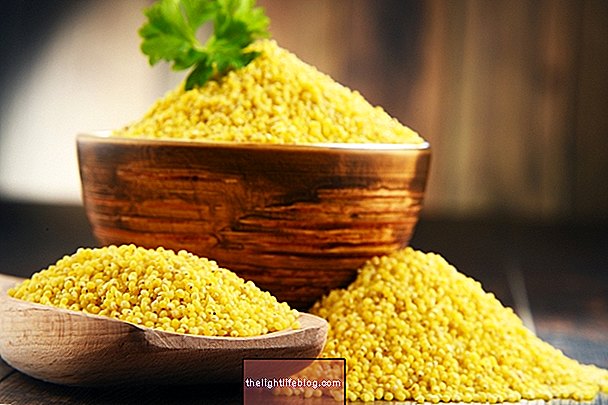


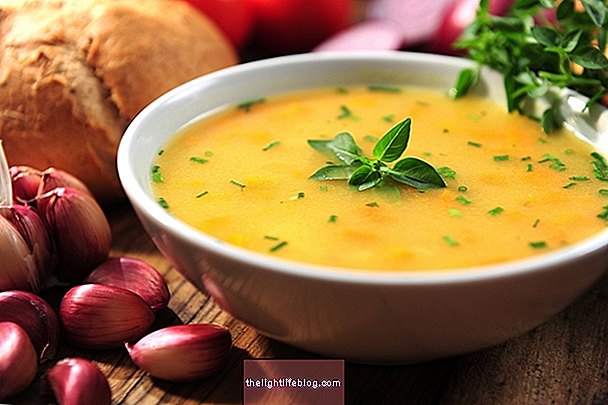
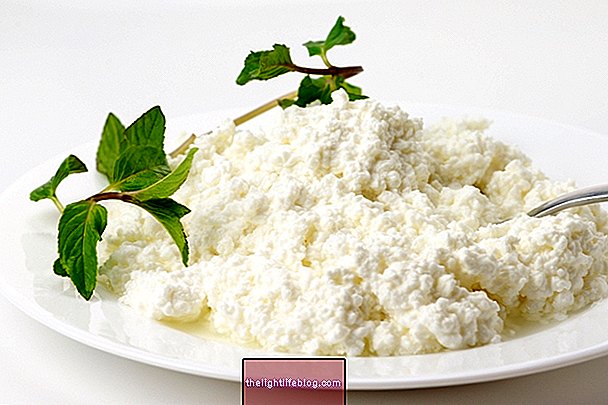


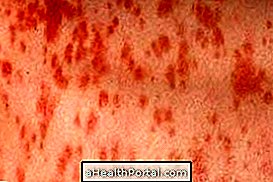




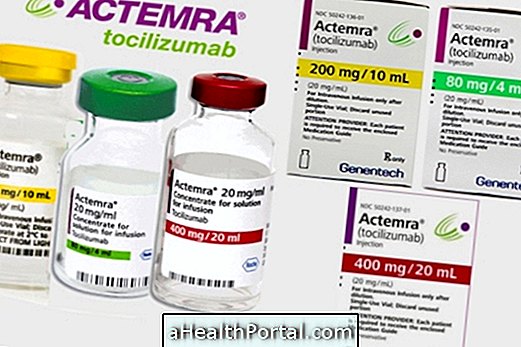

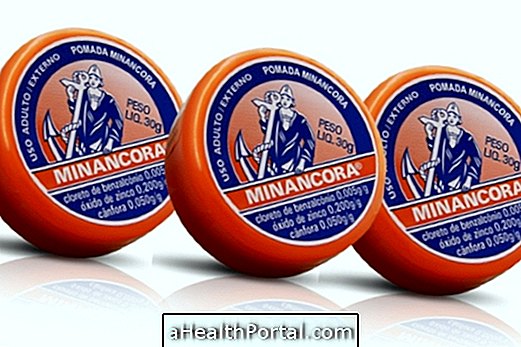

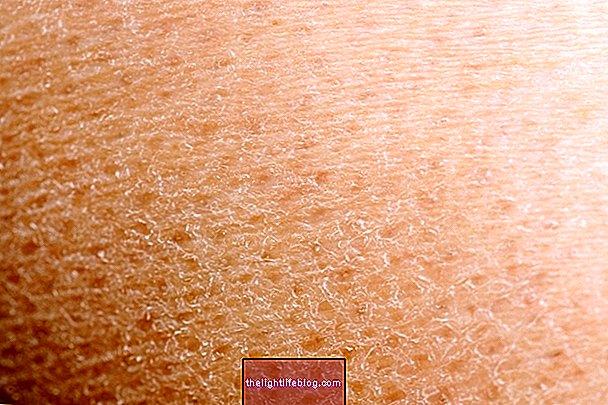

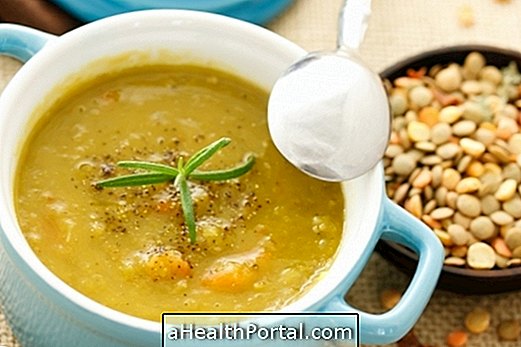
.jpg)

